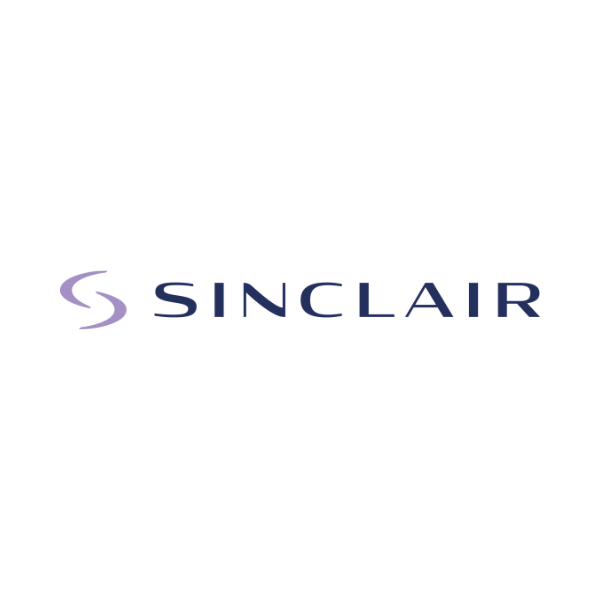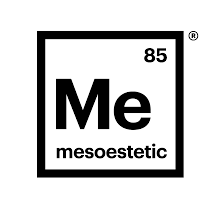Regenerative aesthetic medicine continues to be a hot topic in the aesthetics industry with the latest studies anticipating that the global market size will reach a staggering 246 billion by 2032! Regenerative medicine focuses on improving the body’s natural ability to heal and regenerate itself. With these new technologies, we can address both aesthetic issues alongside improving overall skin health and vitality which is transforming healthcare as we’ve previously known it.
In aesthetic medicine, we have a number of options to help to improve both the signs of ageing and hair loss but they all have their limitations. Anti wrinkle treatments help to improve fine lines but don’t help with environmental damage to the skin. Soft tissue fillers help to restore volume lost with age but when administered incorrectly can give an unnatural look and can’t target hair or skin conditions. Laser and energy based treatments can notably improve these conditions but can have significant downtime and sometimes mixed results.
In most aesthetic clinics a combination approach will be required for optimum treatment outcomes. Regenerative treatments are now offering more longevity in results to both skin health and collagen stimulation along with a safety profile that other modalities cannot provide. Bio-stimulatory injectables not only give some immediate volume restoration and lift but also stimulate collagen production for up to two years.
Polynucleotides continue to be on trend for 2024 and are living up to the hype! Trends and fads can often come and go in the world of aesthetics but Polynucleotides are offering a legitimate option in the quest to improve skin health and ageing. They are injected into the skin and contain DNA fragments that stimulate key cells in the skin to heal and repair. They have fewer risks to that of soft tissue fillers so when a patient comes for a consultation with the complaint of fine lines, crepy skin, pigmentation and often a fear of filler, aesthetic professionals now have an option to target all of these using only one product. If you are looking to train in Polynucleotides and offer this as a treatment to your patients you can view our course by clicking here.
Exosomes are also growing in popularity as a therapeutic option for tissue repair and skin rejuvenation. These cell derived nanovesicles play a key role in cell to cell communication by carrying molecules such as proteins and lipids which can impact biological responses. When they are met with cells that are in need of repair they can instigate the process of cellular regeneration. Currently, exosomes can be plant, animal or human derived and are continuing to be developed for optimum use, safety and efficacy. In the UK human-derived ingredients are banned giving plant based alternatives a better platform. With their regenerative function and anti inflammatory properties, exosomes are becoming widely used in synergy with other aesthetic devices.
Clinically developed skincare and supplements are also on the rise with patients being able to influence an improvement of their health and wellness through their daily habits. By improving vital components such as collagen production, hydration and Glutathione levels will have a positive effect on the body’s ability to naturally heal, repair and protect itself.
Both practitioners and patients continue to become more educated on Regenerative Aesthetic Medicine, specifically how to improve the signs of ageing by achieving natural results. With more and more regenerative treatments on the horizon, it is certainly an exciting field of medicine to keep up to date with.











